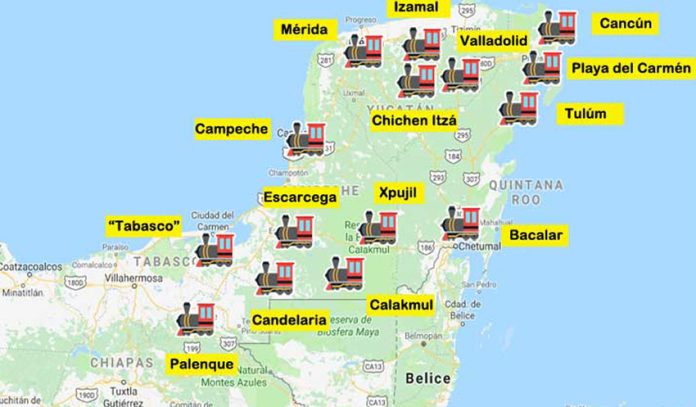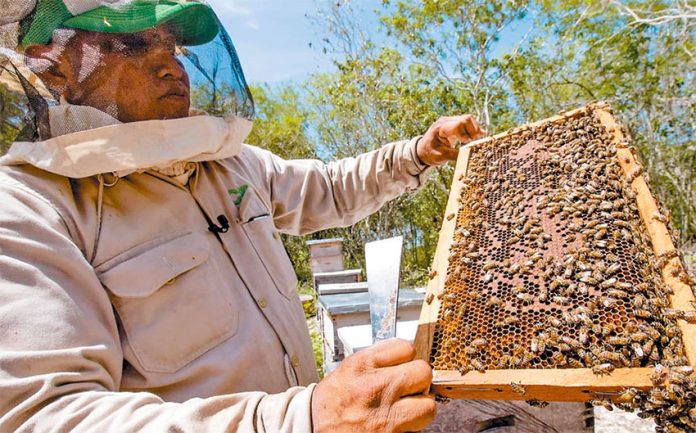Migrants from Africa and Haiti clashed with security forces in Tapachula, Chiapas, this week while protesting to demand transit visas that would allow them to travel to the northern border.
Hundreds of migrants began a protest on Monday outside the Siglo XXI migration station, where they blocked the entry and exit of buses transporting Central Americans on their way to be deported to their countries of origin.
The newspaper El Universal reported that migrants from Ethiopia, Mali, Cameroon, Somalia, Congo, Mauritania, Guinea and Haiti were among those protesting against the government’s decision to cease granting permits. They would allow them to travel to the border with the United States, where they intend to seek asylum.
Permits currently being issued only allow the migrants to stay in Chiapas, where they say there are no employment opportunities.
The newspaper El Financiero said that under current laws, migrants are entitled to receive a 20-day transit visa to travel to the United States but some have been waiting in Tapachula for more than three months without even being able to apply for one.
On Tuesday night, Federal Police officers and members of the National Guard attempted to break up the protest but were met with resistance. Scuffles ensued and four migrants were arrested and taken inside the detention center.
On Wednesday, there was another attempt to break up the protests during which a pregnant African woman fell to the ground and went into convulsions, reportedly due to sunstroke, fatigue and not having eaten. She was assisted by medical personnel from the migration station but lost the baby later, according to the advocacy group Pueblo Sin Fronteras (People Without Borders).
Director Irineo Mújica Arzate claimed there have been acts of repression and violence against the migrants on the part of federal forces.
His organization said in a statement that security forces have turned Tapachula into a “prison city,” conducting raids to hunt down migrants, and committing acts of abuse.
During Wednesday’s eviction attempt, women and children lay on the ground outside the migration station to prevent two police cars and another vehicle from leaving.
When police tried to forcibly remove them, the women fought back and accused the officers of committing acts of violence.
The National Immigration Institute (INM) acknowledged in a Twitter post that there was some “pushing and pulling” in the confrontations between authorities and migrants but asserted that the former had the latter’s safety in mind.
“. . . They were removed so they weren’t run over,” the INM said.
On Thursday, the protest continued and the migrants once again resisted attempts to move them on. At around midday, one migrant fainted and began to convulse, El Financiero said.
The migrants say they will continue to protest until they are issued the visas they seek.
Tens of thousands of migrants have entered Mexico since late last year and subsequently traveled through the country to seek asylum in the United States.
The majority have fled the Northern Triangle Central American countries of Honduras, El Salvador and Guatemala but increasing numbers of people from Africa, Caribbean countries such as Haiti and Cuba, and even Asian nations, have arrived in Mexico with the intention of seeking asylum in the United States.
Several large caravans have traveled to the northern border but migrants’ passage through Mexico has become more difficult as the result of an agreement with the United States.
The government agreed in June to step up enforcement against undocumented migrants and deployed federal security forces to both the southern and northern borders.
Source: El Financiero (sp), El Universal (sp), Expansión (sp)








